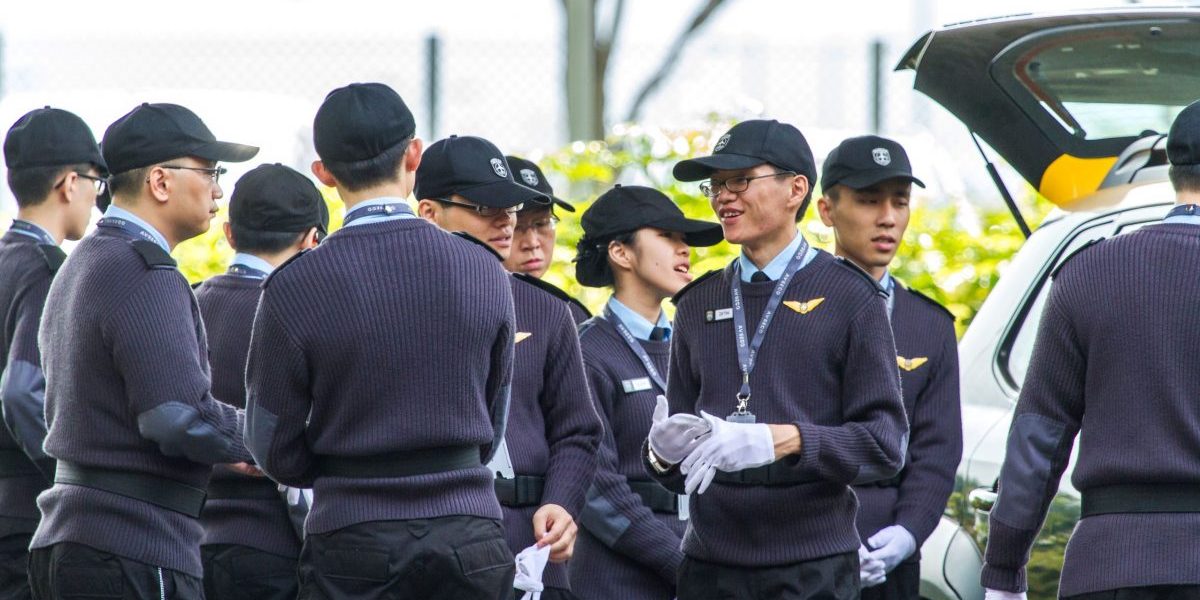The first part of the paper illustrates how the private security market is booming, thanks to the increase in global supply and demand. Then, the analysis turns to the legal, policy, governance, and oversight issues that private security contracting raises in both China and Kenya. Summarizing the field interviews with different stakeholders, we review three case studies to evaluate whether current business models used by Chinese PSCs are sustainable, and to what extent Chinese actors have penetrated the local market. We conclude that, as compared with the unprecedented pace of growth of China’s investment in Africa, Chinese engagement in overseas security protection is far behind other sectors. We find that the failure to hold a larger market share is due to fierce competition among PSCs and Chinese investors’ ignorance about security needs. While Western PSCs’ sophisticated security solutions have squeezed Chinese PSCs out of the competition, Chinese investors’ (both state-owned and private-owned) lack of awareness has meant that their security budgets dry up very quickly. In addition to their trade and investment presence in Africa, Chinese policymakers should develop a more integral regulatory framework emphasizing guaranteed systemic security management and emergency response processes.








